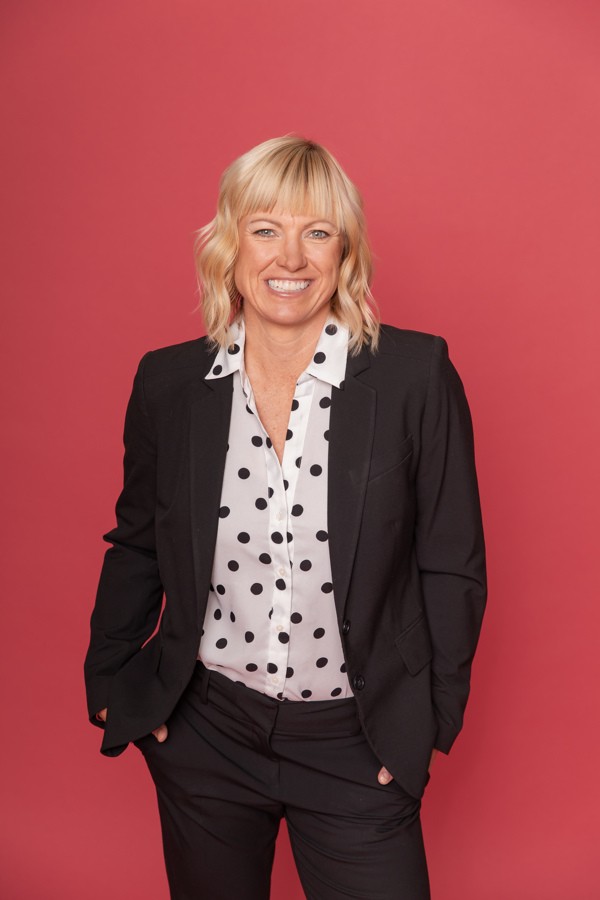We’re excited to introduce you to the always interesting and insightful Kerry Siggins. We hope you’ll enjoy our conversation with Kerry below.
Alright, Kerry thanks for taking the time to share your stories and insights with us today. Parents can play a significant role in affecting how our lives and careers turn out – and so we think it’s important to look back and have conversations about what our parents did that affected us positive (or negatively) so that we can learn from the billions of experiences in each generation. What’s something you feel your parents did right that impacted you positively.
The best thing my mom did for me was teach me how to be accountable, seek feedback, and advocate for myself. She didn’t swoop in to save me; instead, she made me figure things out, owning my actions, responses and attitude.
In 9th grade, I had an English teacher I couldn’t stand and frequently disrupted his class. To irritate him, I chose contraceptive options as my report topic. He called my mom to discuss his disapproval of both my behavior and my topic choice. Instead of condemning me, my mother supported my topic choice but suggested that he talk directly to me about our issues. She said she would step in if needed, but only after the two of us talked. I was initially angry with her for not defending me; I wanted her to solve my problems for me, but she refused. However, her pushing me to be accountable led to a pivotal after-school conversation with my teacher, where we both shared our perspectives and apologized. This experience taught me valuable lessons about facing conflicts, self-advocacy, accepting feedback, and being accountable for my actions. It profoundly influenced my approach to life, helping me realize the importance of not being a victim of circumstances but actively changing them. This lesson from my mother has guided me through many challenging situations in life and leadership.

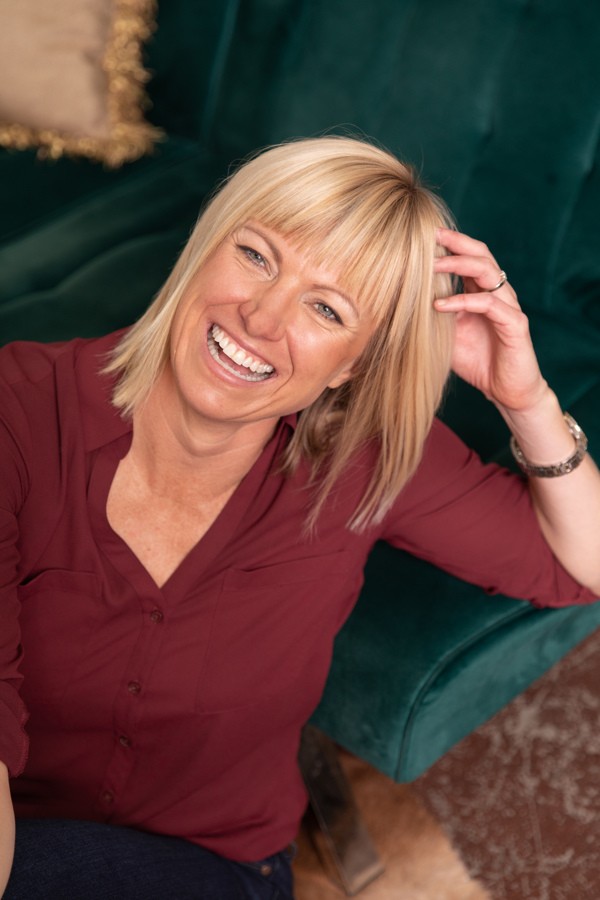
Kerry, before we move on to more of these sorts of questions, can you take some time to bring our readers up to speed on you and what you do?
StoneAge was born for two reasons: to help solve challenging industry problems and to create engaging and rewarding jobs for its employees. StoneAge’s first product was intended for use in the mining industry – it was a water jet drill used to drill holes for explosives in uranium mining applications. When the Three Mile Accident happened in the late ’70s, nuclear power generation halted, and there was no longer a market for the tool. The founders pivoted when they met an industrial cleaning contractor who said, “If you can drill holes in the rock, you can drill out the fouling in the heat exchanger!” That’s how we moved from mining to industrial cleaning. We are now the world’s leading manufacturer of waterblasting tooling and automated equipment for industrial cleaning applications. Think squirt guns on steroids. We are also an employee-owned company, meaning our employees share in the company’s success through an ESOP benefit. We’ve created a culture where people feel valued and a part of something bigger than themselves -where we all feel purpose in our work.
I came to be at StoneAge due to the combination of luck, ambition, and being a Colorado School of Mines graduate. In 2006, I moved from Austin, TX, to Durango, CO, to rebuild my life after making some poor choices and getting myself in trouble. I was desperate for a job, and when I saw StoneAge was looking for a General Manager, I applied, even though I was grossly underqualified. The co-founders saw something in me – potential, drive, smarts, and a positive attitude – so they took a risk and hired me. I had just turned 28. From a career perspective, it was the best thing that’s happened to me.
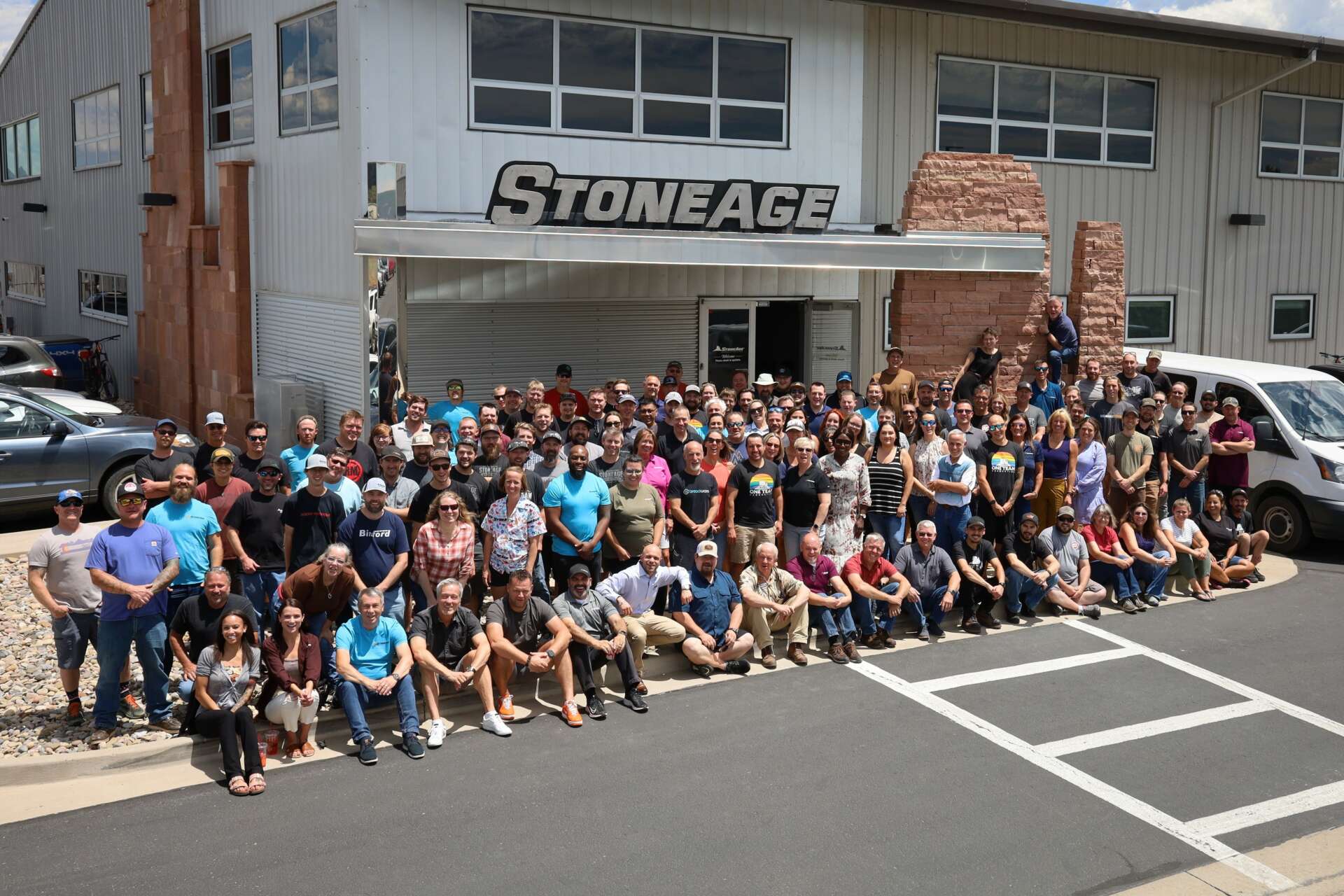
Can you talk to us about your experience with buying businesses?
StoneAge has made several acquisitions, but most recently, we purchased a competitor, Terydon. We had never acquired a competitor before, and it was a difficult process as I had to build trust with the founder, who viewed us as Enemy #1. Over time, we built a strong relationship and grew to appreciate and admire each other. But there was a lot of secrecy in the process as they didn’t want to share too much competitive information in case the deal fell through. On the other hand, I needed detailed information to ensure it was a sound investment. We got through it and I learned so much about negotiation, relationship building, and why you shouldn’t demonize your competitors.
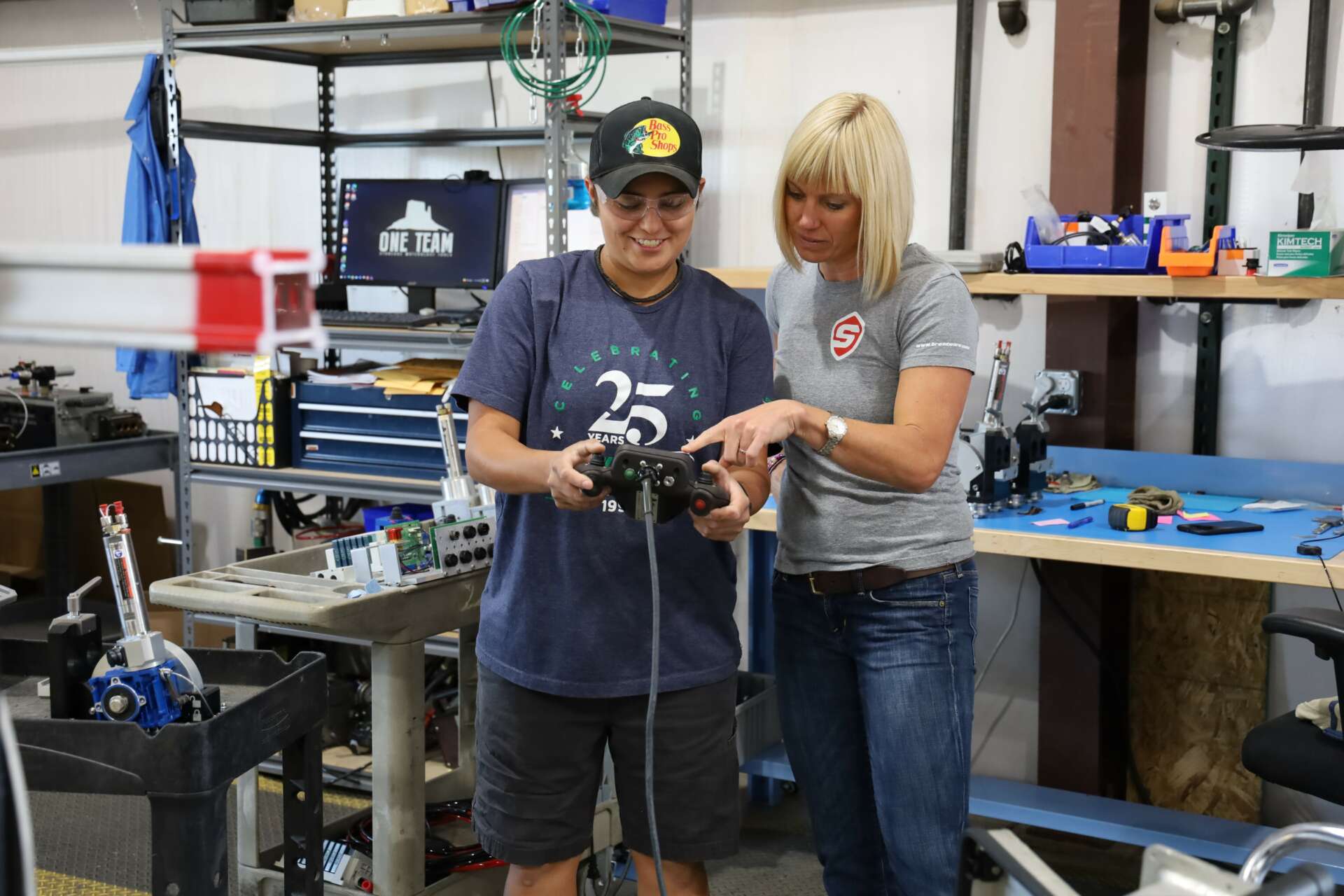
Let’s talk about resilience next – do you have a story you can share with us?
A few years back, I received some painful feedback from one of my employees that made me question my ability to be a CEO. After processing my emotions and the feedback, I decided there was some truth to what he said and committed to being resilient and taking action. The changes I made in my leadership style had a profoundly positive impact: I became more approachable, less flappable and a better communicator. Because of this experience, I learned the power of examining feedback and owning what needs to be owned, and by doing so, I increased my resiliency. My goal is to be a fantastic manager and an inspiring leader; the only way to do that is by taking feedback to heart, both good and bad. It’s imperative that people feel comfortable telling me the hard stuff.

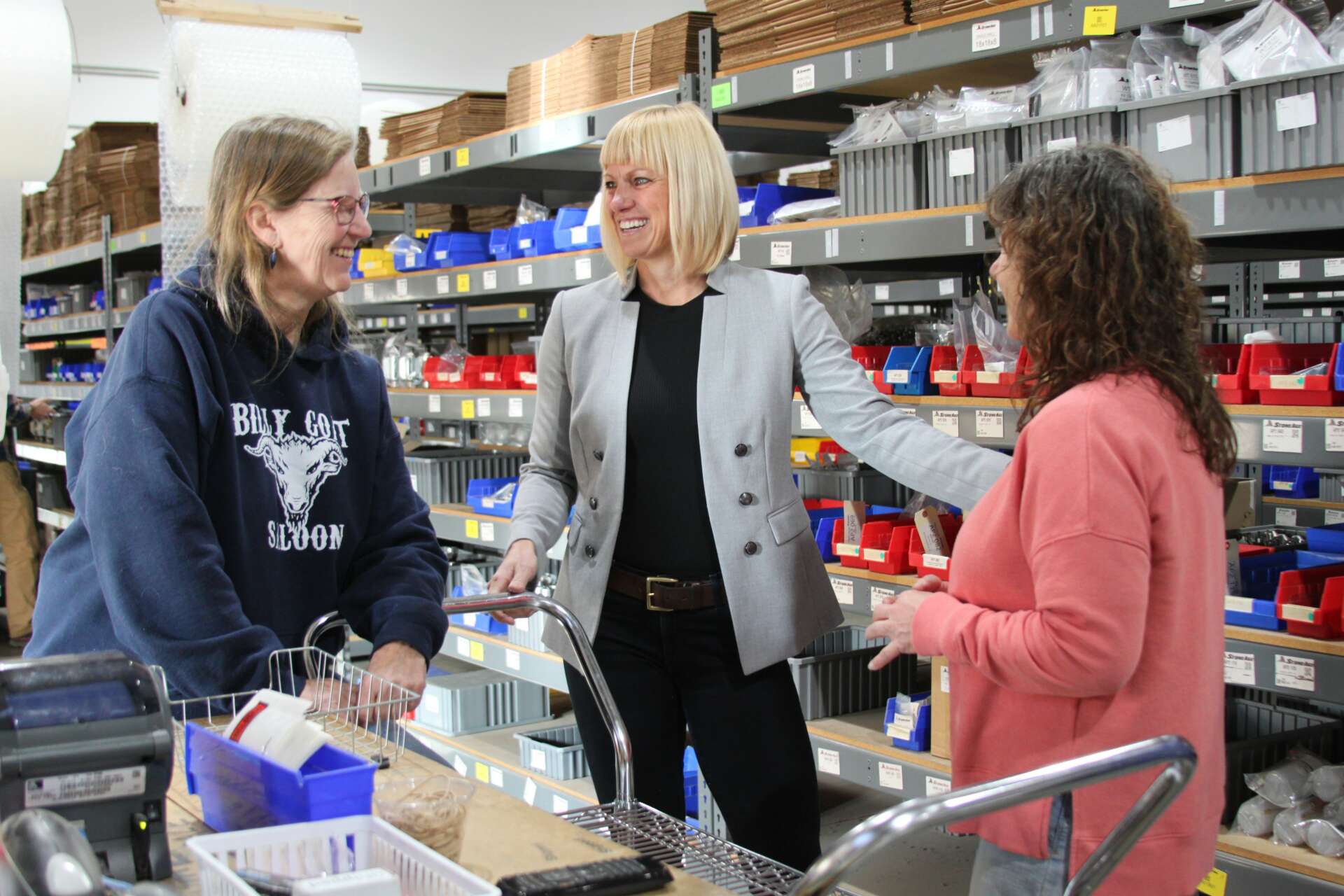
Contact Info:
- Website: www.kerrysiggins.com
- Instagram: https://www.instagram.com/kerry.siggins/
- Facebook: https://www.facebook.com/ksiggins
- Linkedin: https://www.linkedin.com/in/kerry-siggins/
- Youtube: https://www.youtube.com/@kerrysiggins-reflectforwar8289


